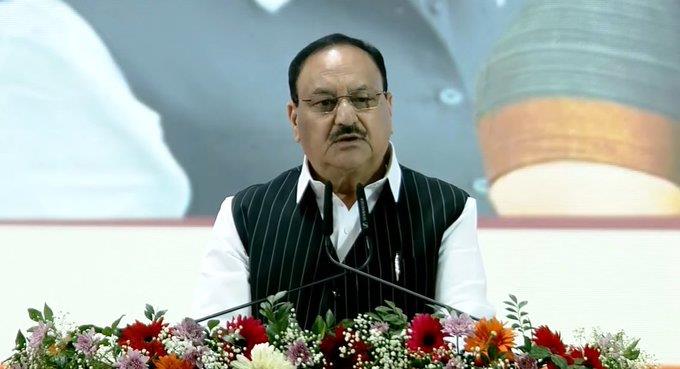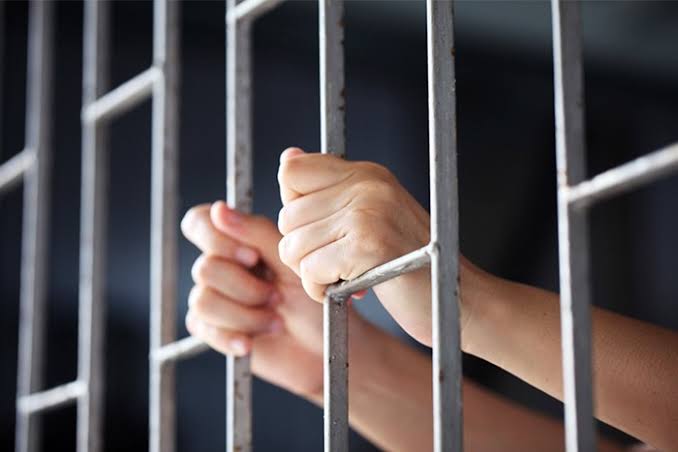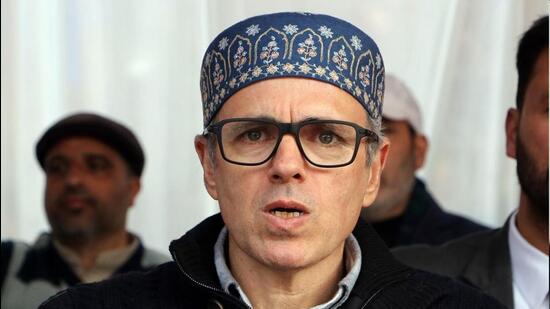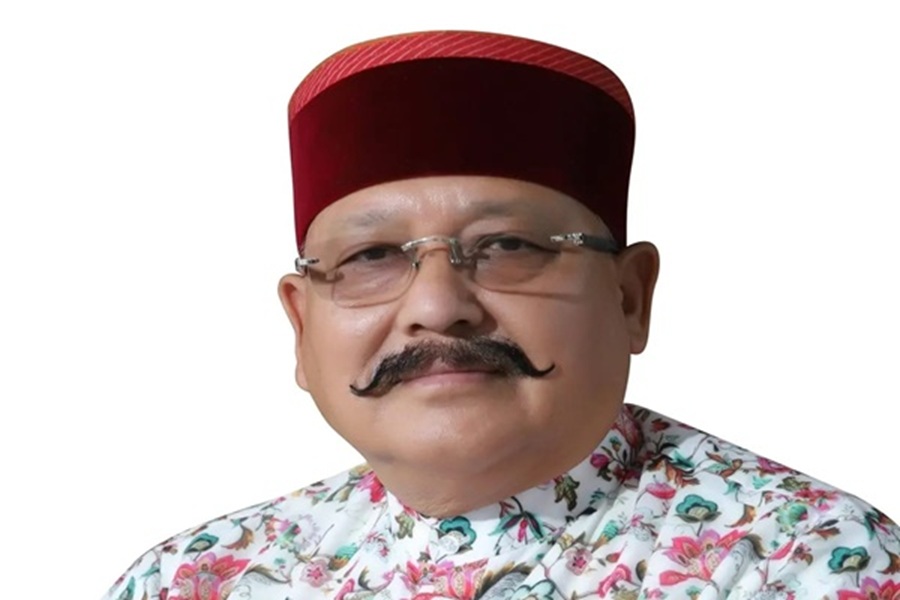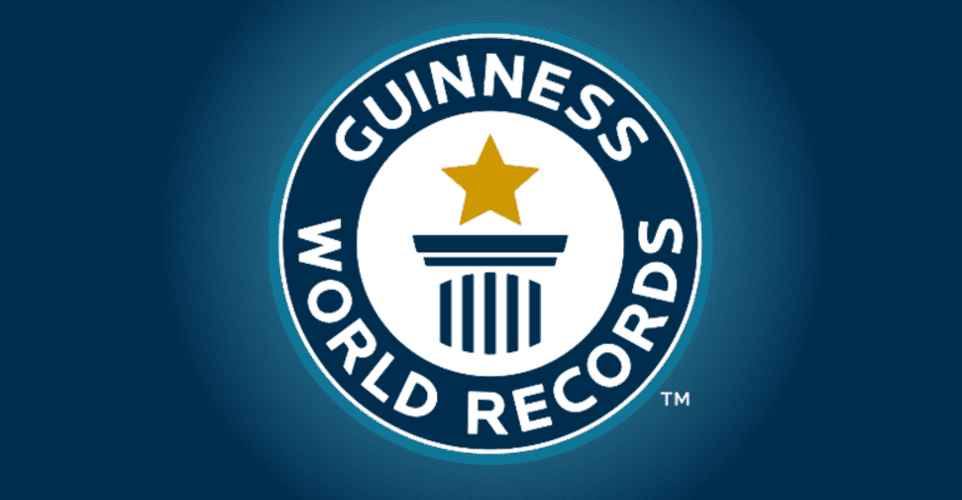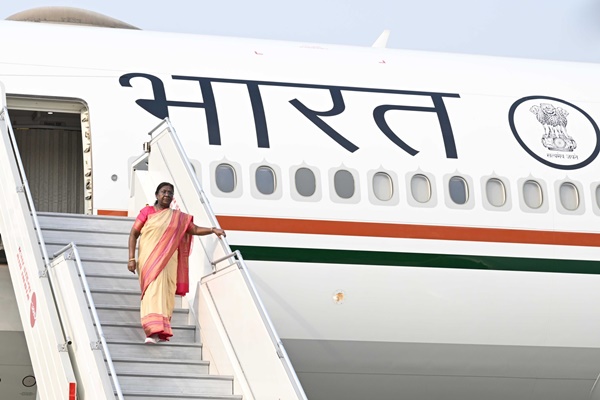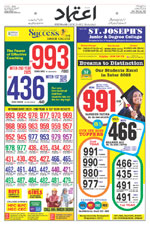India set to be elected to UN Human Rights Council for three years
Fri 12 Oct 2018, 17:23:51
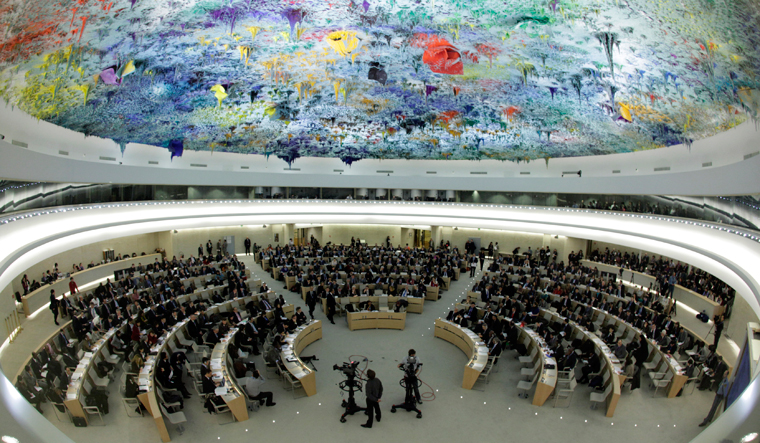
United Nations: India appears set to be elected to the United Nations's top human rights body in the Asia-Pacific category for a period of three years.
The 193-member UN General Assembly will elect new members on Friday to the UN Human Rights Council. The members are elected by absolute majority through a secret ballot.
Countries need a minimum of 97 votes to get elected to the Council. India will be vying for the seat in the Asia Pacific category. Along with India, Bahrain, Bangladesh, Fiji and the Philippines will also stake a claim in the same regional group. Given that there are five nations vying for five seats in the Asia Pacific category, India's election to the Council is all but certain.
Ahead of the election, India's Permanent Representative to the UN Ambassador Syed Akbaruddin had tweeted that "Pitching together. Bahrain, Bangladesh, Fiji, India and the Philippines stake claim to 5 seats for Asia-Pacific region at Human Rights Council elections."
The new members will serve a term of three years beginning January 1, 2019.
India had previously been elected to the Geneva-based Human Rights Council for the 2011-2014 and 2014-2017 term. Its last tenure had ended on December 31, 2017 and in accordance with the rules, it was not eligible for immediate re-election since it had already served two consecutive
terms.
terms.
Created by the Assembly in March 2006 as the principal United Nations body dealing with human rights, the Human Rights Council comprises 47 elected Member States.
On the basis of equitable geographical distribution, Council seats are allocated to the five regional groups as follows: African States, 13 seats; Asia Pacific States, 13 seats; Eastern European States, 6 seats; Latin American and Caribbean States, 8 seats; and Western European and other States, 7 seats.
All five of the General Assembly's regional groups submitted competition-free slates, meaning that all candidates, regardless of their rights records, are virtually assured seats on the council. Since 18 nations are vying for a total of 18 seats across five geographical groups, they are expected to be elected unopposed. Burkina Faso, Cameroon, Eritrea, Somalia and Togo are vying for five seats in the African States category, Bulgaria and Czech Republic for two seats in the Eastern European States group, Argentina, Bahamas and Uruguay for three seats in the Latin American and Caribbean States group and Austria, Denmark and Italy for three vacant seats in the Western European and other States category.
On the eve of the elections, rights group Human Rights Watch said UN member countries should oppose the candidacies of the Philippines and Eritrea for the Human Rights Council because of their "egregious human rights records”.
No Comments For This Post, Be first to write a Comment.
Most viewed from International
Most viewed from World
AIMIM News
Latest Urdu News
Most Viewed
May 26, 2020
Do you think Canada-India relations will improve under New PM Mark Carney?
Latest Videos View All
Like Us
Home
About Us
Advertise With Us
All Polls
Epaper Archives
Privacy Policy
Contact Us
Download Etemaad App
© 2025 Etemaad Daily News, All Rights Reserved.

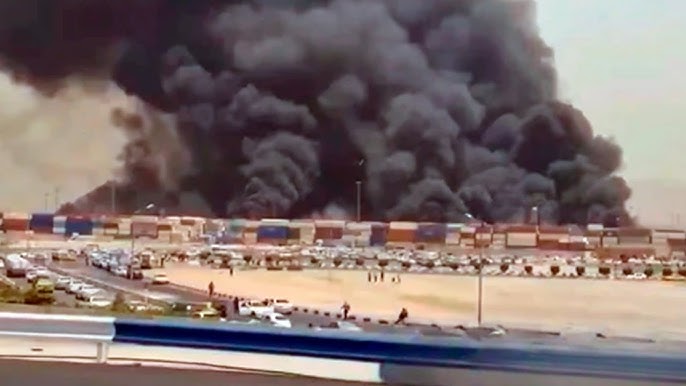
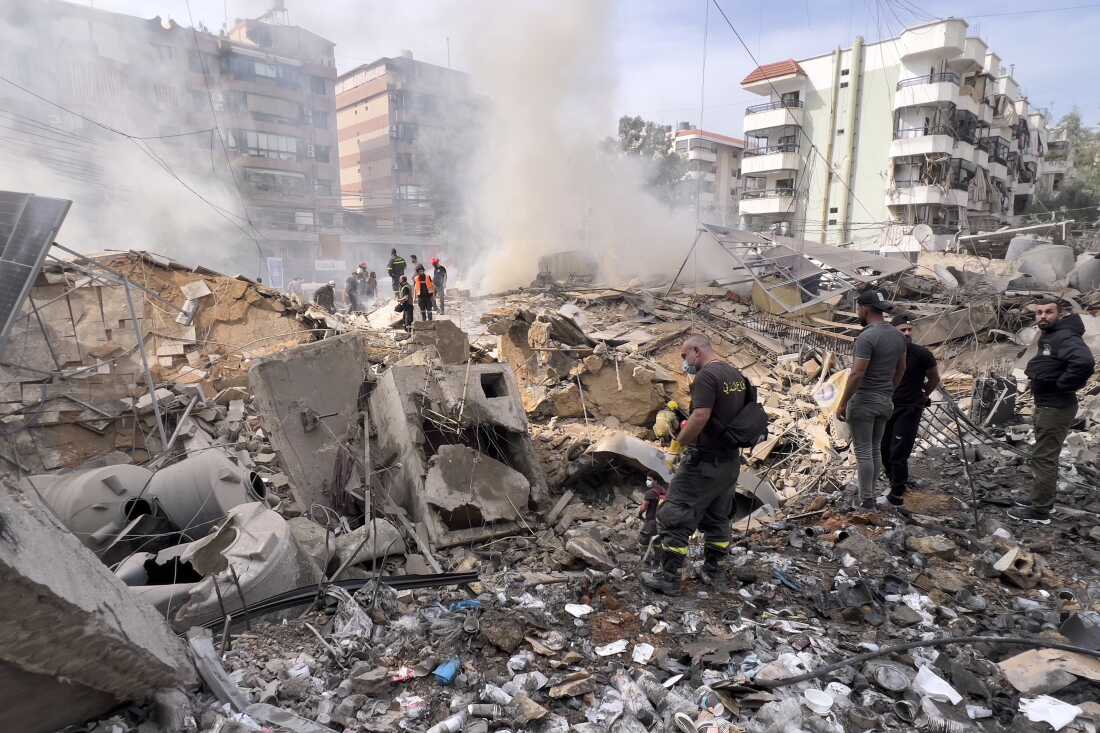
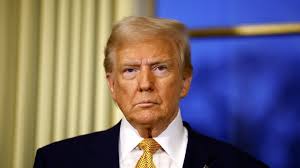
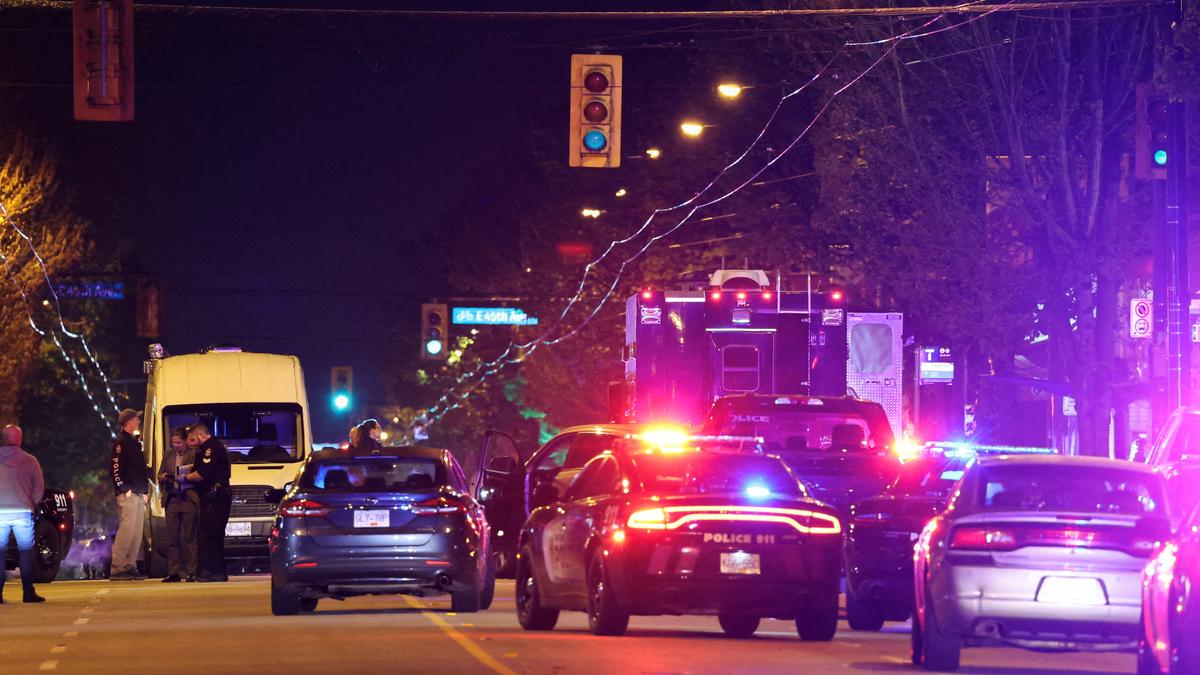
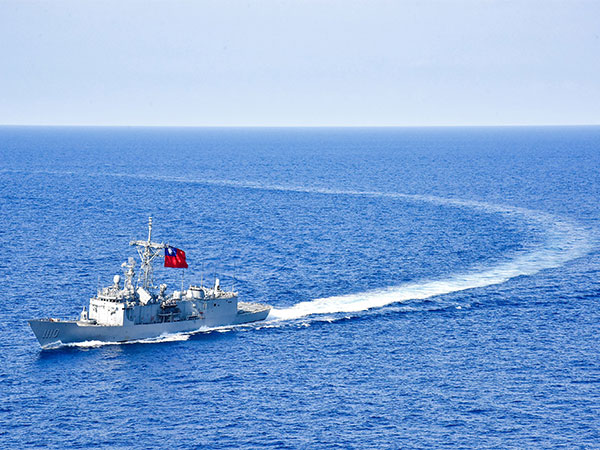
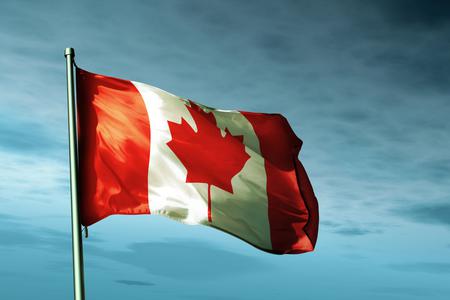
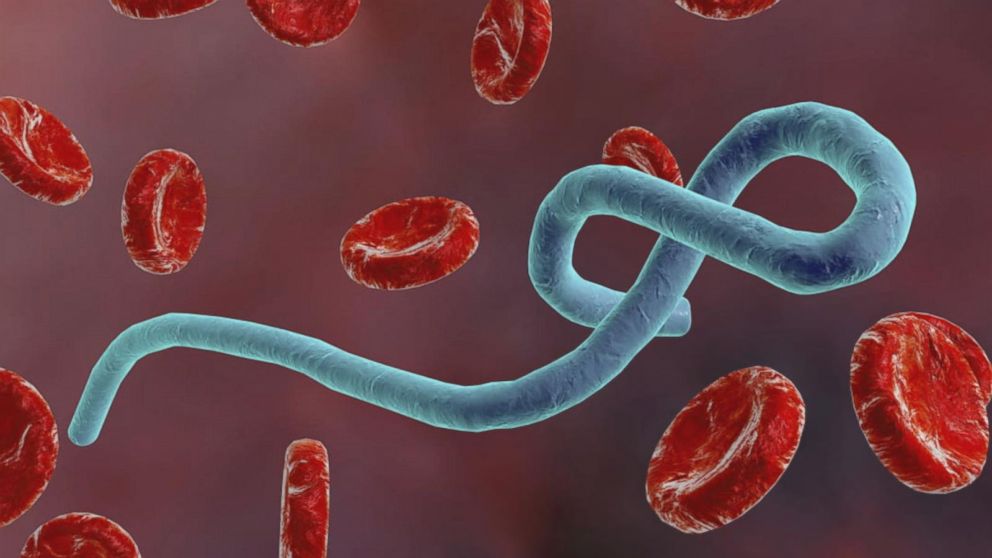

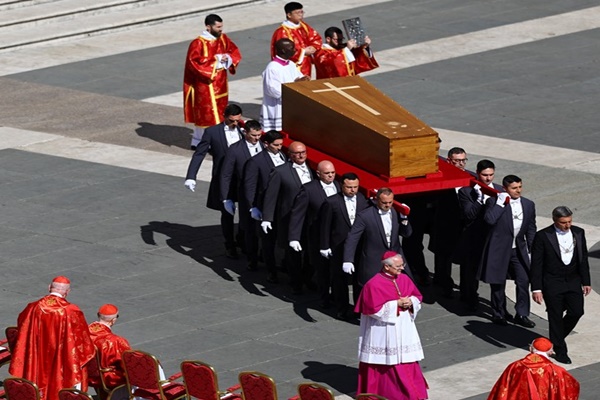
.jpg)
.jpg)
.jpg)




